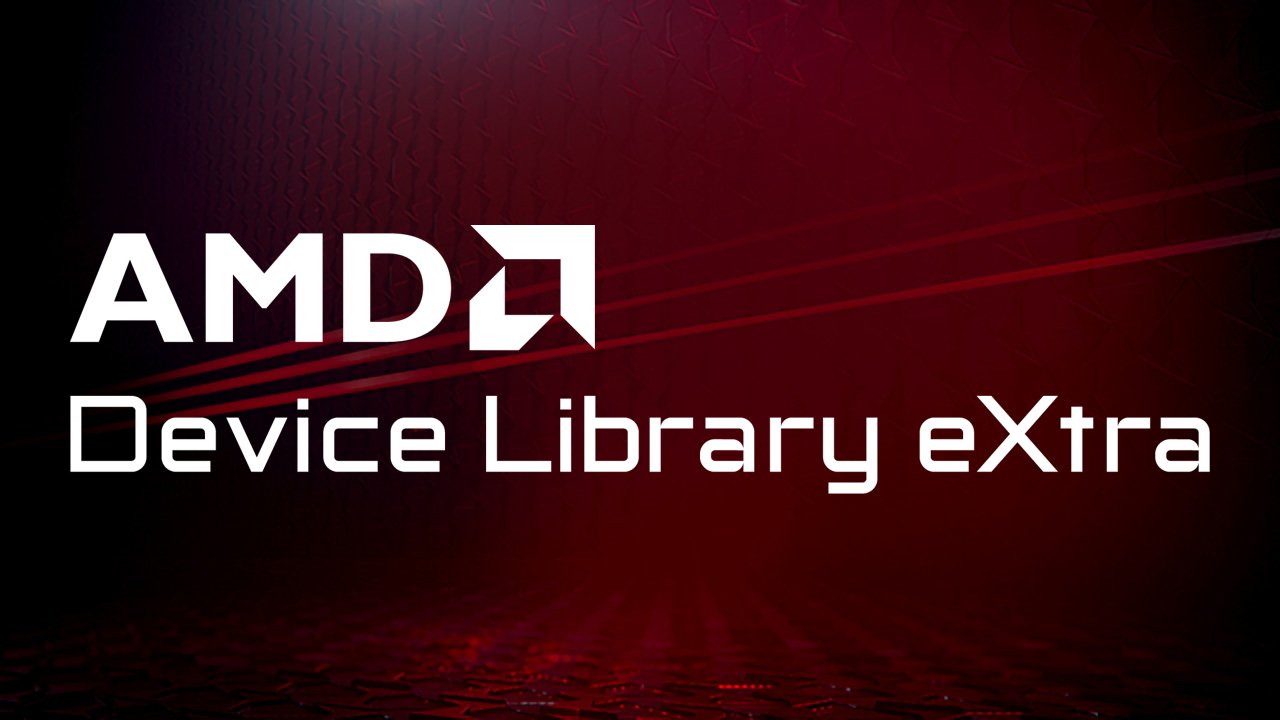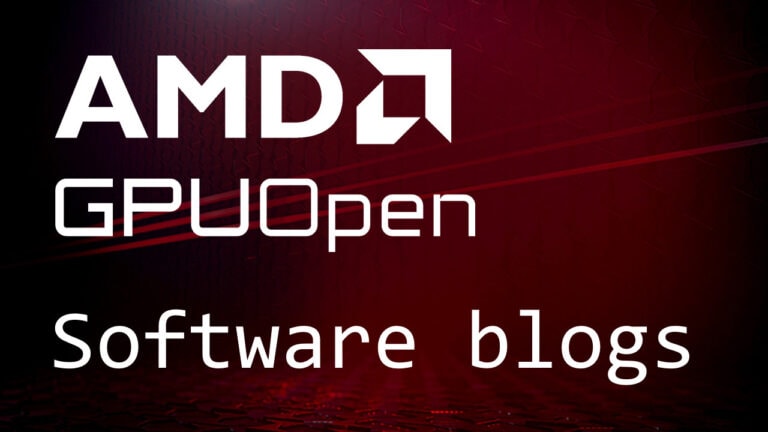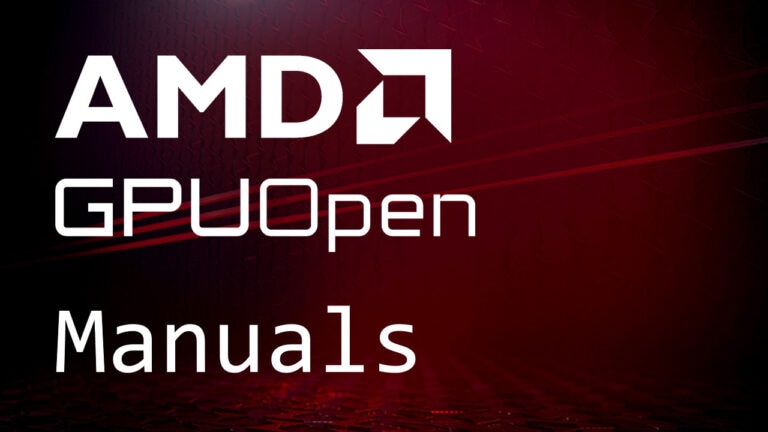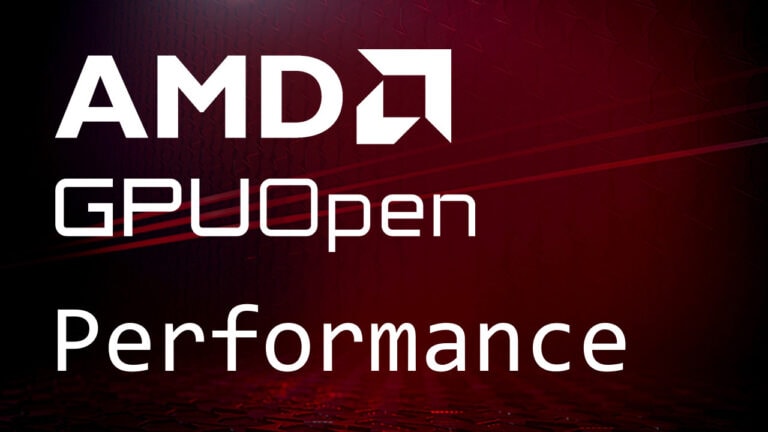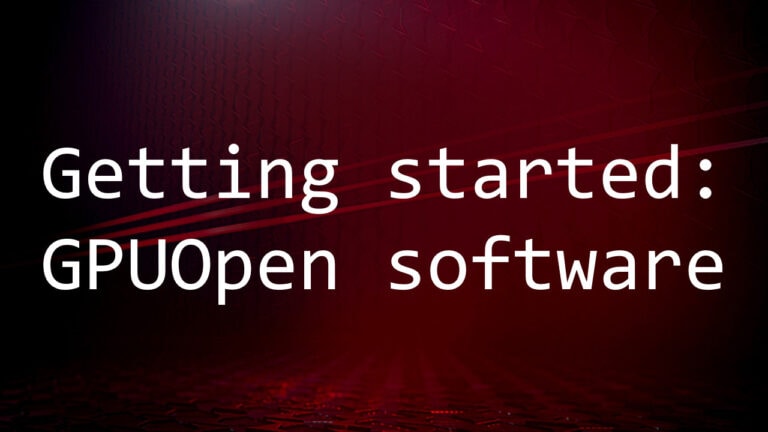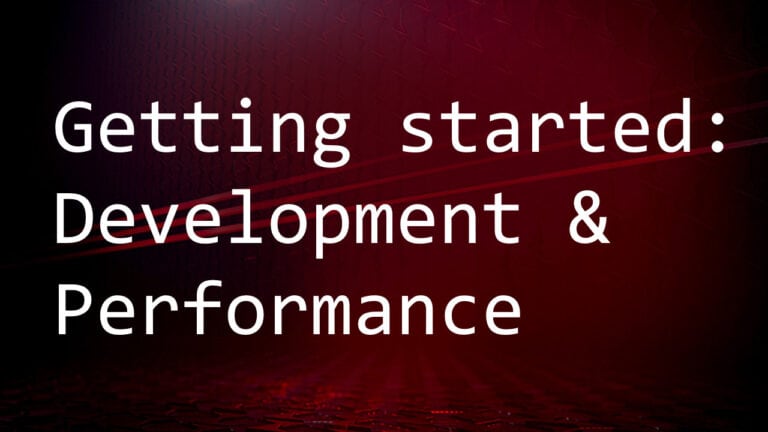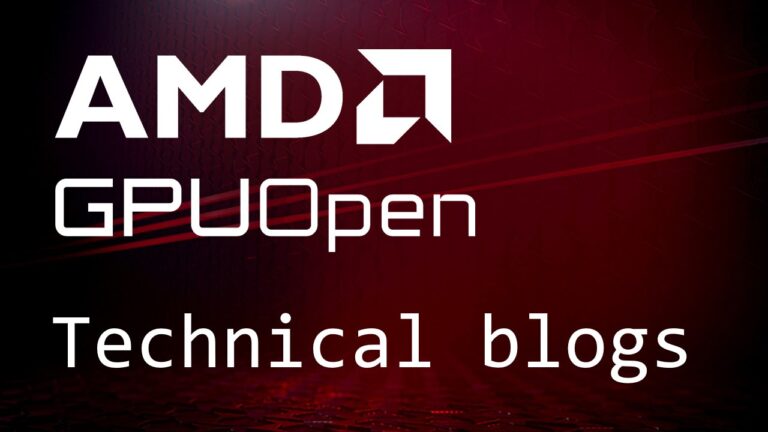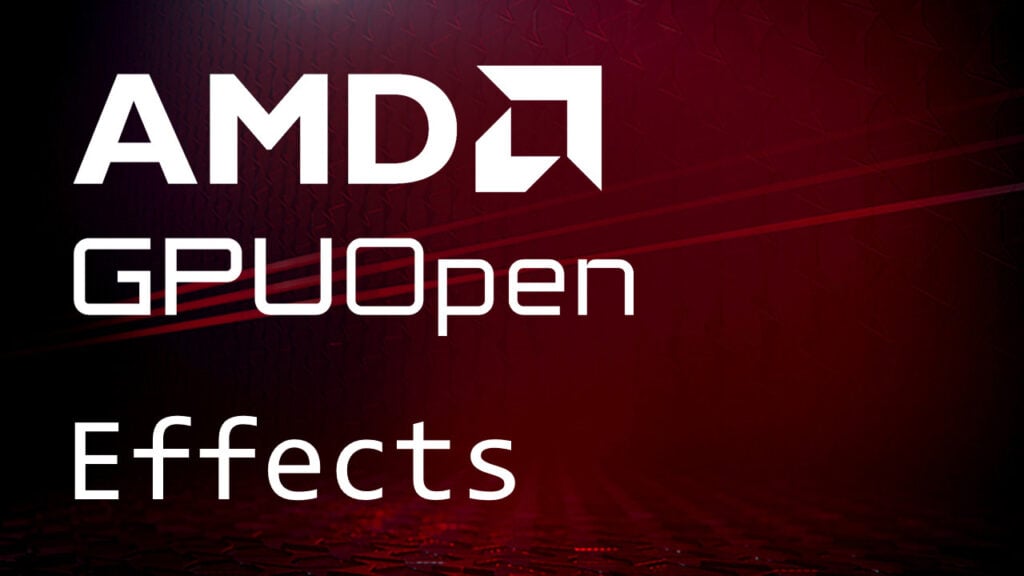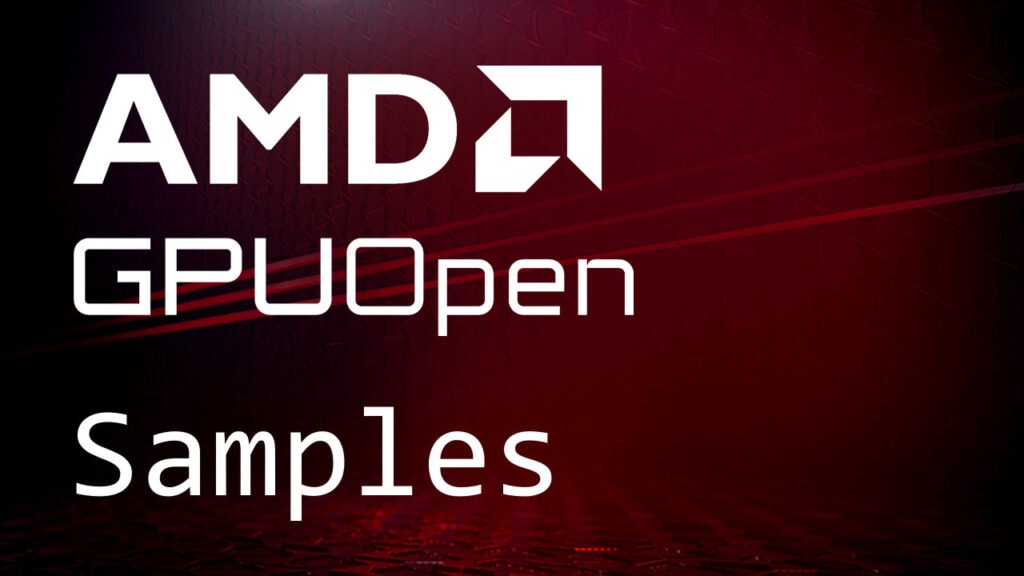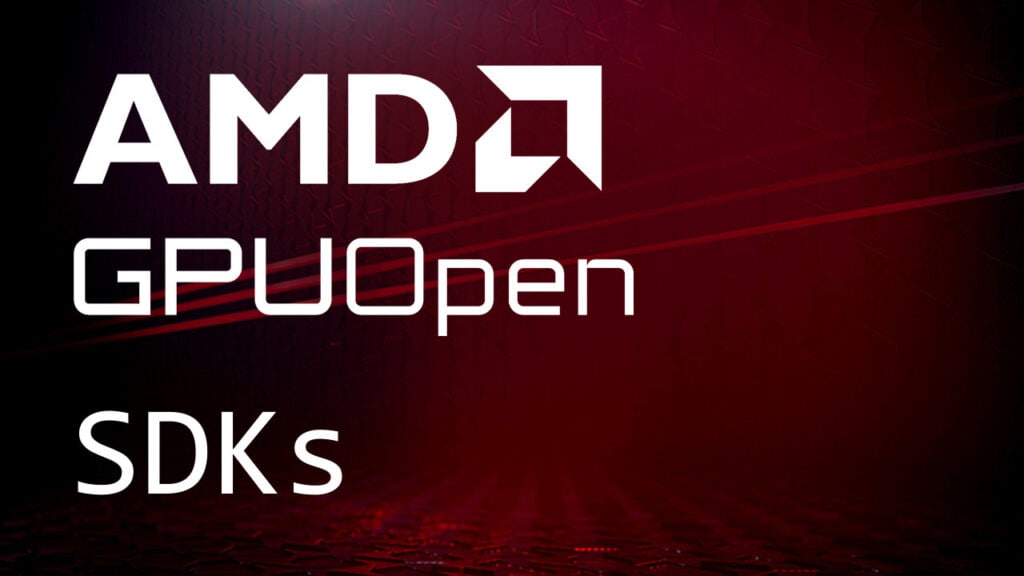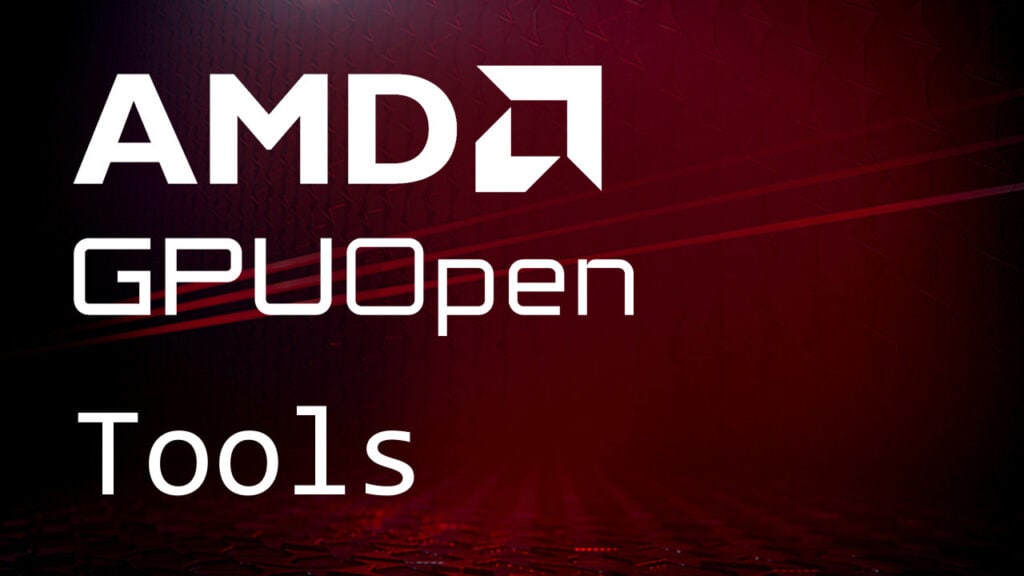WorkWithADL
Demonstartes how to work with ADLX along ADL when programming with ADLX.
Sample Path
/Samples/CPP/Generic/WorkWithADL
Code
//
// Copyright (c) 2021 - 2025 Advanced Micro Devices, Inc. All rights reserved.
//
//-------------------------------------------------------------------------------------------------
#include "SDK/ADLXHelper/Windows/Cpp/ADLXHelper.h"
#include <iostream>
// ADL dll name
#ifndef _WIN64
#define ADL_DLL_Name L"atiadlxy.dll"
#else // WIN32
#define ADL_DLL_Name L"atiadlxx.dll"
#endif
typedef void*(__stdcall* ADL_MALLOC_CALL)(int);
typedef int (*ADL_MAIN_CONTROL_CREATE)(ADL_MALLOC_CALL, int iEnumConnectedAdapter, void** context, int);
typedef int (*ADL_MAIN_CONTROL_DESTROY)(void*);
// Callback ADL for memory allocation
// iSize_ - Number of bytes to be allocated
static void* __stdcall ADL_Client_Main_Memory_Alloc(int iSize_)
{
void* lpBuffer = malloc(iSize_);
return lpBuffer;
}
// Callback ADL for memory release
// lpBuffer_ - The memory buffer to dealocate and to make NULL.
static void __stdcall ADL_Main_Memory_Free_Client(void** lpBuffer_)
{
if (nullptr != lpBuffer_ && nullptr != *lpBuffer_)
{
free(*lpBuffer_);
*lpBuffer_ = nullptr;
}
}
// Use ADLX namespace
using namespace adlx;
// Wait for exit with error message
int WaitAndExit(const char* msg, const int retCode)
{
// Printout the message and pause to see it before returning the desired code
if (nullptr != msg)
std::cout << msg << std::endl;
system("Pause");
return retCode;
}
int main()
{
// Define return code
ADLX_RESULT res = ADLX_FAIL ;
// Create ADLXHelper instance
ADLXHelper ADLXHelp;
// Define ADL context and ADL dll handl
void* adlContext = nullptr;
HINSTANCE adlDll = nullptr;
// Initialize ADL
adlDll = LoadLibraryW(ADL_DLL_Name);
if (nullptr == adlDll)
return WaitAndExit("ADL initialization failed", 0);
ADL_MAIN_CONTROL_CREATE adlCreate = (ADL_MAIN_CONTROL_CREATE)GetProcAddress(adlDll, "ADL2_Main_ControlX2_Create");
if (adlCreate)
adlCreate(ADL_Client_Main_Memory_Alloc, 1, &adlContext, 1);
std::cout << "ADL initialized successfully" << std::endl;
// Initialize ADLX
res = ADLXHelp.InitializeWithCallerAdl(adlContext, ADL_Main_Memory_Free_Client);
if (ADLX_SUCCEEDED (res))
{
std::cout << "ADLX initialized successfully" << std::endl;
}
else
{
std::cout << "ADLX initialization failed" << std::endl;
}
const char* adlxVersion = ADLXHelp.QueryVersion();
std::cout << "ADLX version: " << adlxVersion << std::endl;
adlx_uint64 adlxfullVersion = ADLXHelp.QueryFullVersion();
std::cout << "ADLX full version: " << adlxfullVersion << std::endl;
// Demonstrates mapping between ADL and ADLX data
IADLXSystem* systemService = ADLXHelp.GetSystemServices();
IADLMapping* adlMapping = ADLXHelp.GetAdlMapping();
if (systemService && adlMapping)
{
adlx_uint totalRAM = 0;
systemService->TotalSystemRAM(&totalRAM);
std::cout << "Total System RAM: " << totalRAM << " MB" << std::endl;
// Map ADLX to ADL
IADLXGPUListPtr gpus;
systemService->GetGPUs(&gpus);
IADLXGPUPtr gpu;
adlx_uint it = 0;
gpus->At(it, &gpu);
const char* name = nullptr;
gpu->Name(&name);
adlx_int adapterIndex;
adlMapping->AdlAdapterIndexFromADLXGPU(gpu, &adapterIndex);
std::cout << "ADL get adapterIndex from ADLXGPU named: " << name << ", adapterIndex is : " << adapterIndex << std::endl;
// Map ADL to ADLX, to get adapterIndex via ADL
IADLXGPUPtr gpuInfo;
adlMapping->GetADLXGPUFromAdlAdapterIndex(adapterIndex, &gpuInfo);
gpuInfo->Name(&name);
std::cout << "ADLX get ADLXGPU from adapterIndex: " << adapterIndex << ", the gpu name is : " << name << std::endl;
adlx_int bus = 0;
adlx_int device = 0;
adlx_int function = 0;
res = adlMapping->BdfFromADLXGPU (gpu, &bus, &device, &function);
std::cout << "Get BDF from ADLXGPU bus: " << bus << ", device: " << device << ", function: " << function << std::endl;
}
// Destroy ADLX
res = ADLXHelp.Terminate();
std::cout << "Destroy ADLX result: " << res << std::endl;
// Destroy ADL
ADL_MAIN_CONTROL_DESTROY adlDestroy = (ADL_MAIN_CONTROL_DESTROY)GetProcAddress(adlDll, "ADL2_Main_Control_Destroy");
if (nullptr != adlDestroy)
adlDestroy(adlContext);
FreeLibrary(adlDll);
adlDll = nullptr;
adlContext = nullptr;
std::cout << "Destroy ADL" << std::endl;
// Pause to see the print out
system("pause");
return 0;
}

